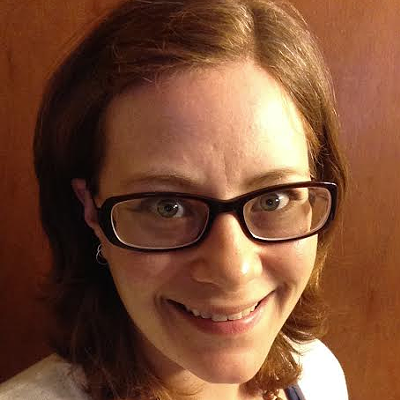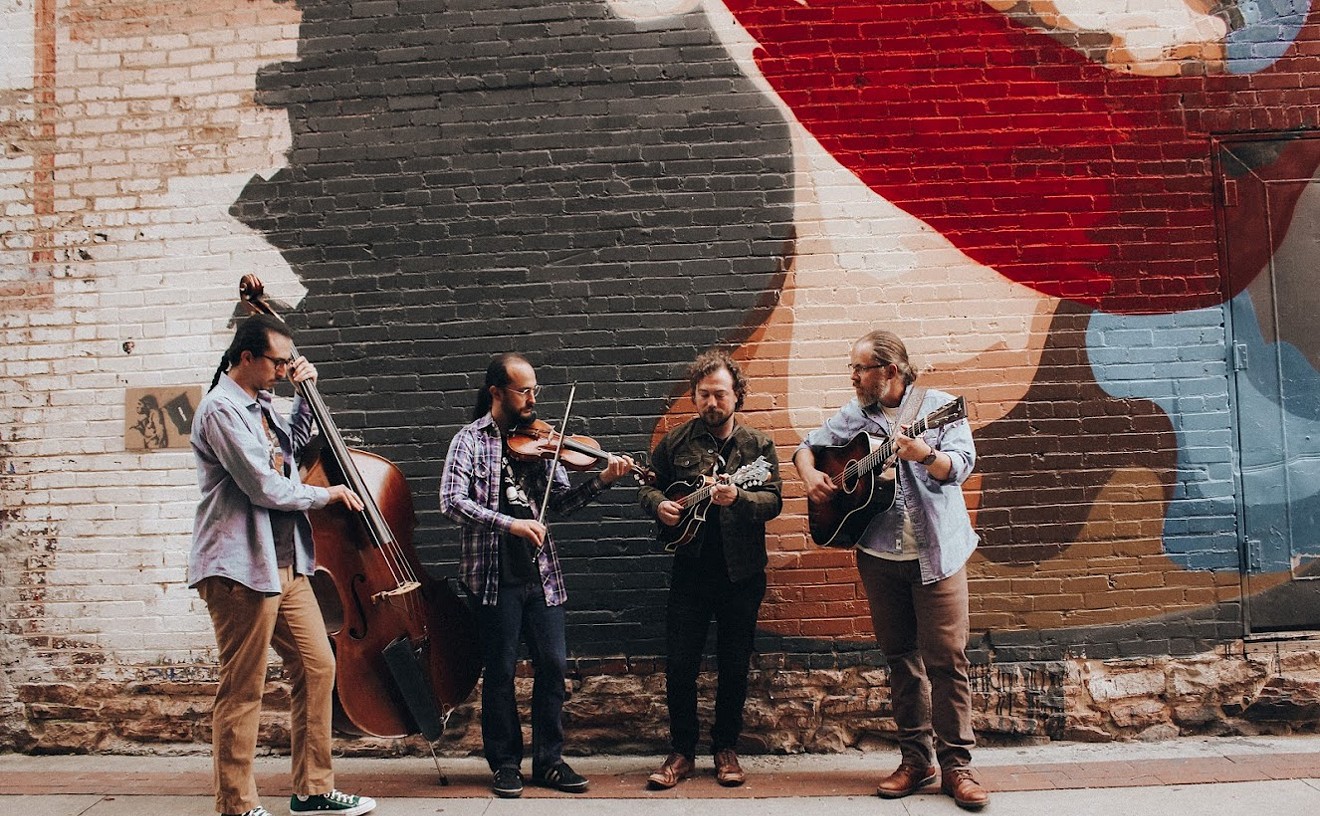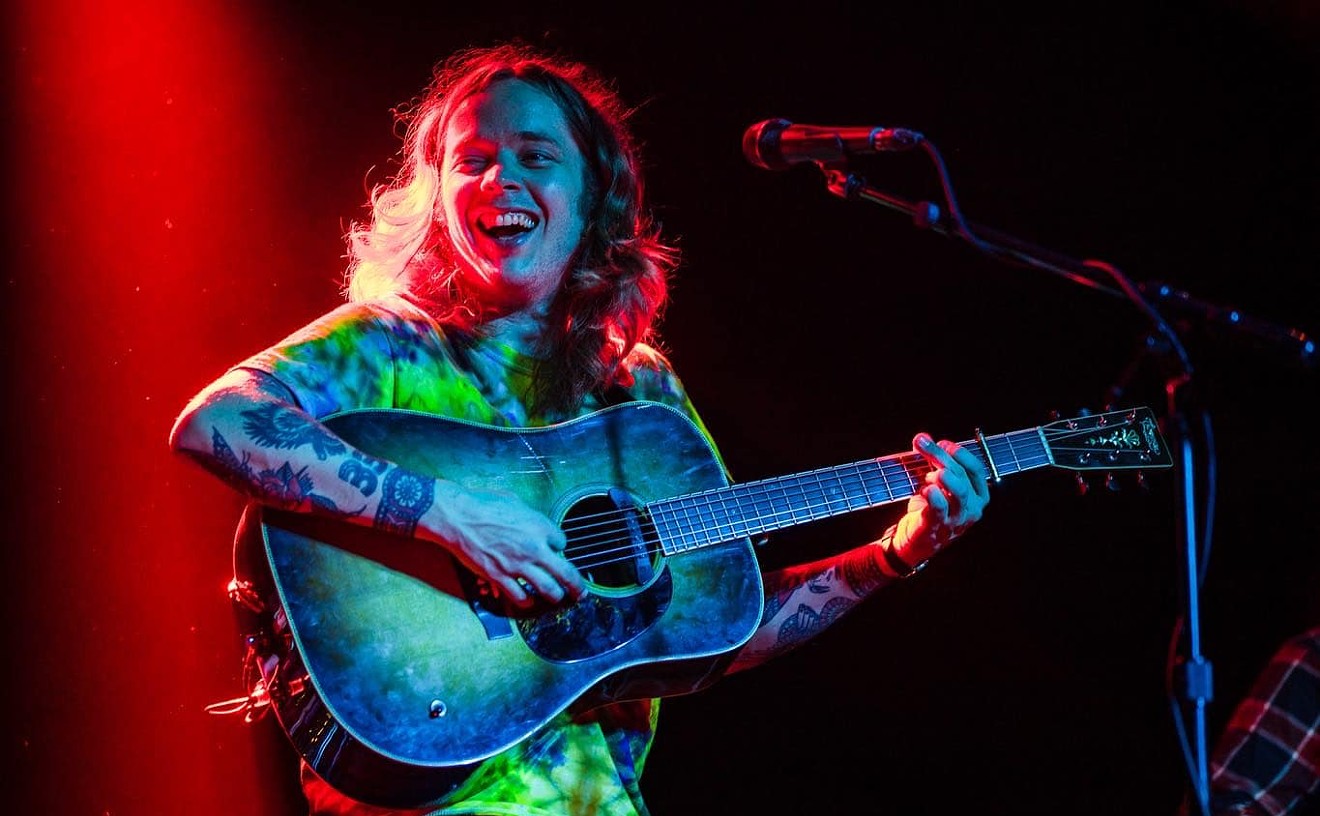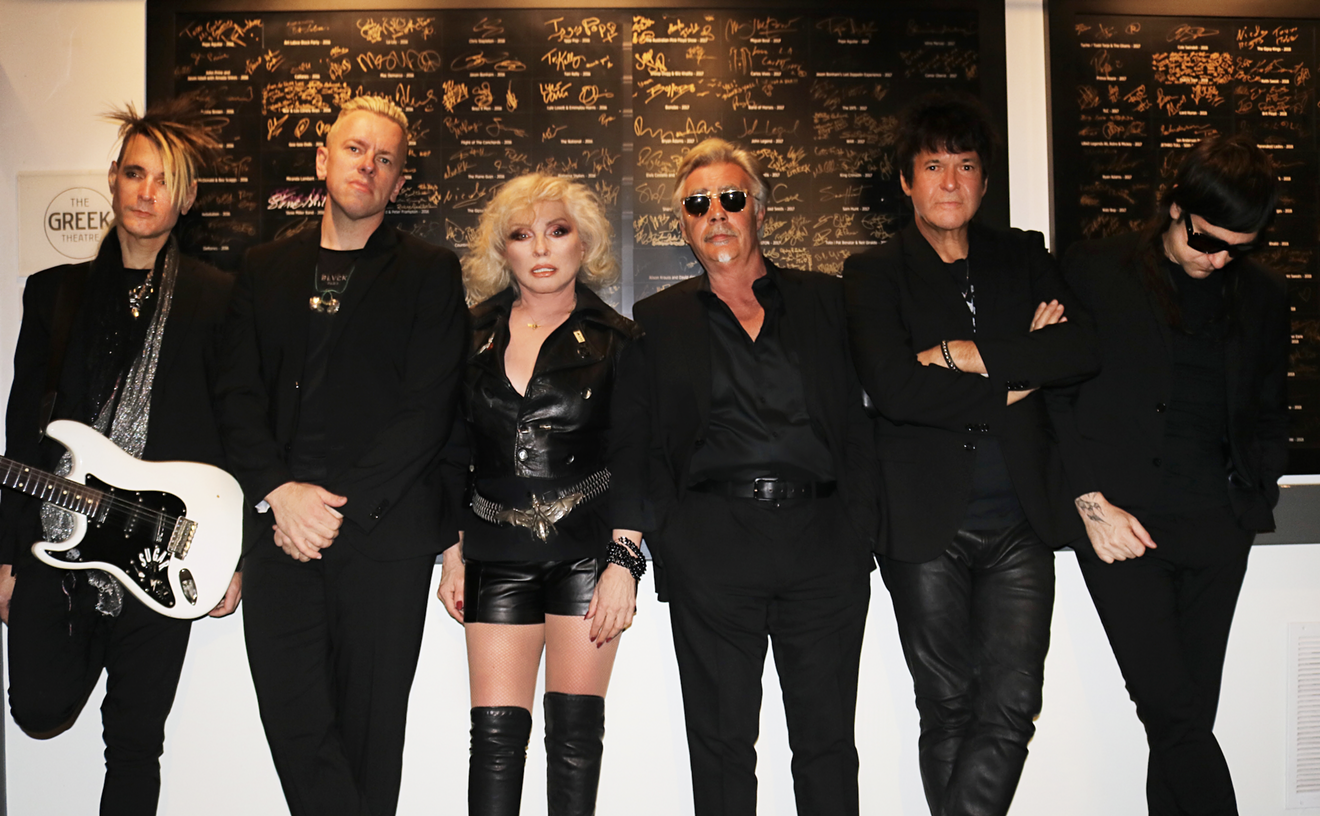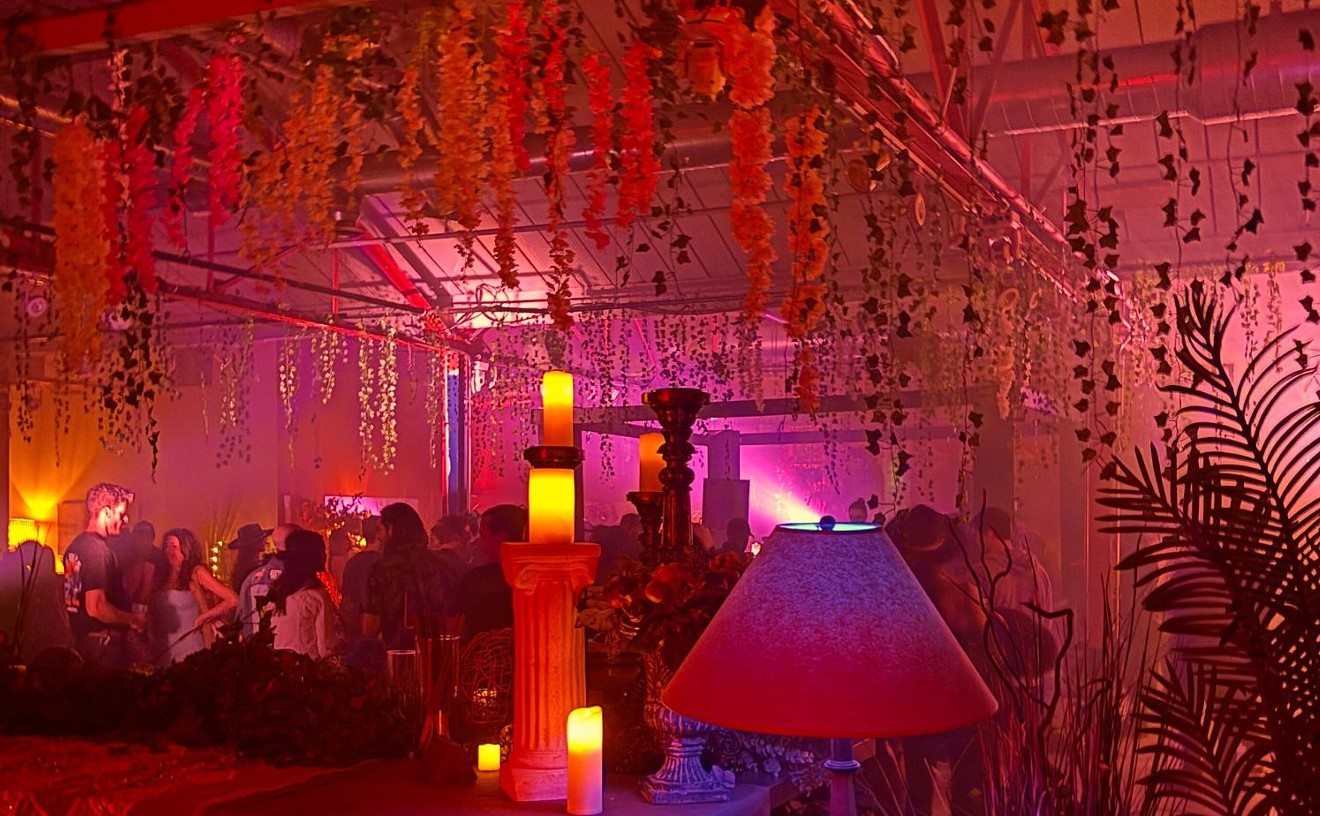See Also: Justin Martin at City Hall, 7/27/12
If you haven't heard of Justin Martin yet, consider yourself on alert: The scene veteran and Dirtybird artist has long been a favorite of those in the know for his impeccable selection and ability to transcend electronic-music genres, but he's about to explode onto the mainstream with his brand-new album (eight years in the making!), Ghettos and Gardens -- and it's absolutely phenomenal. We caught up with Martin to get his take on the record, ask about his big break and see what he had to say about the party scene in the U.S. these days.
Westword: Can you tell me a little bit about your career background -- how you first became interested in electronic music and how it progressed from there?
Justin Martin: I first started listening to electronic music around fourteen or fifteen years old; my brother [Christian Martin, also a DJ] had just gone off to college and started telling me about these full moon parties that he was going to in the desert out west in California, and he was sending me these mixtapes from this crew called moontribe. So I started listening to everything from old school breaks to trance to drum and bass, and as soon as I heard a little bit, I dove into it and started exploring the genres and immediately fell in love with stuff like Goldie, LTJ Bukem, Metalheadz and stuff.
I heard drum-and-bass and jungle for the first time and completely fell in love with it, so I started buying records. I wanted to learn how to DJ, and it just became a bedroom passion, mixing records with my headphones and stuff in my basement and buying every single record that I could afford to buy. And after I went off to school and everything, I ended up on the west coast after living in New York for a few years, and there wasn't as prominent a drum-and-bass scene in San Francisco, where I moved to, so I started channeling my DJ hobbies into other genres and really fell in love with house music in 2001.
How did your big break happen?
I got really lucky, really early on. My first big break was shortly after I bought myself a computer in 2002, right after I graduated from school. I just started making all kinds of crazy music that I've always wanted to make, and it was in 2003, when I made my first demo, and I was supposed to go to Winter Music Conference, and I was going to pass it out and go see all my hero DJs.
But I was dead broke and decided the week before there was no way I could afford to go. I gave it to my brother, who was going to WMC, and he passed it out to pretty much every DJ he saw, and it ended up in the hands of Ben Watt of Everything But the Girl. And a few months later, he listened to it, because he was starting this label, Buzzin Fly, and he sent me an e-mail saying he wanted one of my tracks. I thought it was a joke because I was a really big fan.
I thought one of my friends was playing a trick on me, that one of my favorite producers was trying to sign my track. So that's when I started traveling a little bit and got a booking agent, and it was a really, really cool, early, lucky break. And all that did was just make me hungry for more. I think probably when I really got super, super serious about everything was probably 2009, 2010 -- that's when I realized I didn't want to be working in a bar anymore, I want to do this full time.
Tell me about Ghettos and Gardens. What was the inspiration to put this album together at this point in time, after you've been touring and playing for so long?
When I first started off producing and got my first track signed in 2003, Ben Watt approached me about doing a full artist album, and I thought, "Oh my god, this is a great opportunity. I'm going to do it," and I signed the contract. And I started trying to write this album that, I just, I don't know, I couldn't focus for long enough to put ten or eleven tracks together. I didn't really quite know what my sound was yet; I was still experimenting and learning how to use my equipment in the studio, and, next thing you know, two or three years have gone by and I still haven't delivered this album to Ben.
It became like an unfunny joke among my friends. "Where's that album," you know? So as my career moved on, I accomplished more and more of my goals, but that was one thing I never succeeded in finishing. And after a really successful 2010, when I was productive and got myself to be more disciplined, I fed off the energy of all my successes and said, "Okay, now is the time," and I got real focused and decided to make it happen...eight or nine years later!
You've mixed for Pete Tong and played at some of the biggest clubs in the world; what's the accomplishment so far in your career that you're the most proud of?
That's a tough question. Obviously, the album's a pretty big deal for me, because it was a really long time coming, and, for forever, it seemed like it was just impossible. That's up there, definitely. I think, I don't know, the DJ Magazine cover was definitely one of my highlights of my life. Being on the cover of the magazine. I never in a million years not only thought that I'd be living my dream occupation but also to be -- I grew up reading this magazine and flipping through the pages, all starry-eyed, looking at these people as gods.
And to be able to accomplish that and be on the cover of that magazine was just crazy, a really crazy experience. At this point, I'm just really happy to be doing what I love to do. I never thought that I would hit a point where I'm playing every single weekend of the entire year, all over the world. That, in itself, for me, is something that I always dreamed of as well, so that's a major accomplishment as well.
What are some goals you'd like to hit in the next five years of your career?
There's a ton of them. Just in the near future, I'd definitely like to write another album. I learned a lot during this whole process, and I'm kind of like, I already feel like I'm ready to start working on another one. Aside from that, I'd like to get in the studio and write music for some other people. Not necessarily on the mainstream side, on the radio pop side of things. It's always been my dream to make beats for certain rappers and get in the studio and make music.
Can you give us some examples?
The Neptunes, I've been a huge fan of their style of making stuff that's radio-friendly but actually really cool at the same time. I'd like to get to the point where I'm working with artists like that.
If you did make another album, what would that sound like?
With this album, the main thing was, I just kind of dove in and I just started making songs and taking ideas that I've always had and making music. I didn't think of it as a whole until after I was finished with 75 percent of it, and then I started to think, "Oh gosh, how is this going to flow?" I don't want to just mash together twelve songs and just call it an album, I want to make something that flows from beginning to end. I already have a concept and a theme that's going to run from beginning to end, and I didn't have that with this album until about halfway through.
I'd like to make something that flows even better. The SBTRKT album is incredible, something that can cross over to the radio as well, but still being friendly to the underground. And I definitely want to start experimenting working with more vocalists, because the tracks that got the best response from Ghettos and Gardens are the ones I did with vocalists, like "Don't Go" and "Butterflies."
Can you give me your take on the electronic music scene in San Francisco specifically and the U.S. overall? Where do you see it going in the next few years?
Everything is crazy right now. It reminds me of when I was a kid and there were the rave days, but times ten. The scene has really exploded. And I think it's really cool. I think people like Diplo and Skrillex that are kind of putting dance music, opening it up to a wider audience, I think it's fantastic. As far as where it's going to go, I have no idea. It's kind of scary. I hear all these things about Live Nation basically putting together a multimillion dollar budget to buy all the brands from all the major promoters in the U.S. to get dibs on that market. There's no way of knowing where it's going to go.
I'm really enjoying it, though, right now in the U.S. I'm enjoying playing in the U.S. -- it's different, but I enjoy playing in the U.S. more than I enjoy playing in Europe right now. There's more energy, people really embrace our Dirtybird sound for what it is, and we can really go for it with our bass-oriented music. There's a whole new energy and excitement, a new generation that comes in that I see at the shows, and it makes it that much more exciting to play at. But I have no idea where it's going to go -- hopefully onward and upward!
What would you like our readers to know about your show at City Hall with Claude Von Stroke?
I'm so excited! I love our Denver fans, and there's nothing better than playing a show with a fellow Dirtybird. I got to do a bunch of shows with Claude over the spring, we went on tour for this Hatched thing, Dirtybird Hatched tour, and every time we have multiple Dirtybird acts -- me and Barkley, me and my brother, Eats Everything, Julio Bashmore -- it just adds so much more energy to the show. Barkley's one of my best friends, and I love playing with him. But it's going to be crazy. It's going to be fun. We're going to drop loads of unreleased music.
Follow @Westword_Music


